Work experience for 2,000 young people with disabilities in campaign to tackle disability employment gap
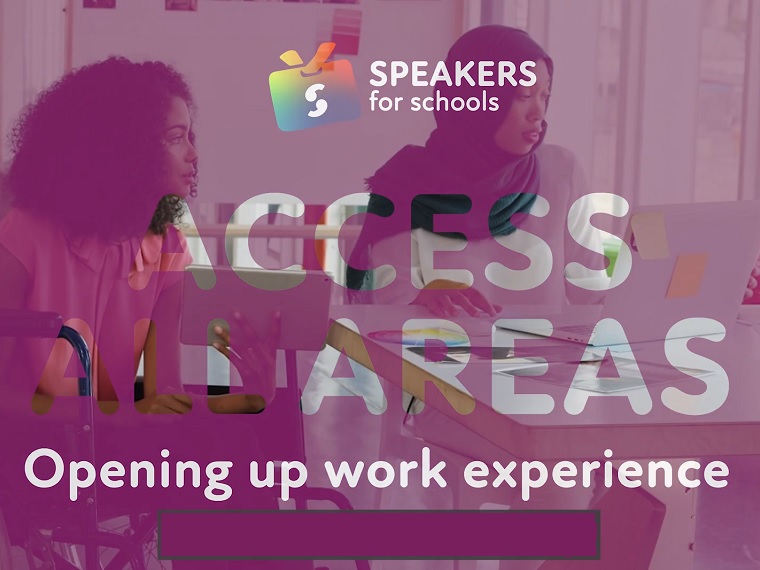
New @speakrs4schools campaign to tackle disability employment gap by working with employers to deliver tailored placements for young people with disabilities or special educational needs (SEN)
Leading social mobility charity Speakers for Schools has partnered with disability organisations such as Mencap, to provide work experience to 2,000 young people across the UK who have a disability or special educational needs (SEN). The charities are working with schools across the country and leading employers such as Tesco, Morgan Sindall and Cambridge University Press to deliver a mix of virtual and in-person work experience over the coming months.
The campaign, called Access All Areas, aims to make the world of work more accessible to young people with disabilities, broadening their career ambitions while supporting businesses to cater for workers with additional needs.
The work experience placements are available to young people aged 14-19 and take place throughout October and inspiring talks for all ages from Paul Maynard MP, Mark Evans, CMO of Direct Line Group, Jessica Taylor-Bearman, author and founder of Share a Star charity and more.
Recent research from Cebr also shows that flexible working could unlock almost 1.5 million people who have a physical disability, and were previously ‘locked out’ from work, to enter or return to the jobs market. It is therefore vital to ensure disabled young people are aware of the jobs available to them and that employers are supported with offering roles.
Rachael Saunders, Education and Policy Director at Speakers for Schools, said:
“Many young disabled people leave school to find themselves unemployed despite being able to work. The disability employment gap is alarming and needs to be urgently addressed, which is why we’ve launched Access All Areas, working with employers to raise awareness about the benefits of hiring people with disabilities and working to identify roles they would excel at. Meanwhile, young people with additional needs require tailored careers guidance to help them feel confident when applying for jobs and knowing what’s out there.”
Employers are guided on the structure and length of work experience sessions to accommodate students’ diverse needs by Speakers for Schools’ teams. The charity also supports with the development of content to ensure it is clear, concise and uses appropriate and positive language. Students can participate over several weeks allowing employers to get to know the students, and each session is teacher-led and guided. Teachers and employers are trained to use the work experience platform which includes engaging and interactive tools like live polling to encourage interaction and accessibility for young people. Every model of working has been developed in collaboration with experienced partners who teach SEND students.
Rubie, 16, with Moderate Learning Difficulties from Derbyshire said:
“I am looking forward to seeing what opportunities there are, for future jobs and how people stay safe. I am looking forward to meeting the people at the hospital, everyone including Reception jobs, porters, seeing what a surgeon does and what the midwives do when people have babies.”
Jamie, 17, who has Autism and Moderate Learning Difficulties from Derbyshire said:
“We might not be surgeons because we don’t have GCSE’s but we can do lots of other jobs and see how many opportunities there are we could do for us too.”
Mark Capper, Head of Development in the Lifestyles & Work team at the learning disability charity Mencap, said:
“We are delighted to be working with Speakers for Schools. Offering young people with a learning disability and / or autism a chance to engage with employers to get a sense of what having a job is like is a vital part of developing confidence and aspirations.
“Working can be more than just a job - it can make people with a learning disability and / or autism feel valued and included in society. Yet because of societal stigma and significant barriers to employment, many do not get the chance they deserve to show what they can do. Getting the right support and opportunities can make all the difference, helping people with a learning disability and / or autism to develop their employability and find work placements.”





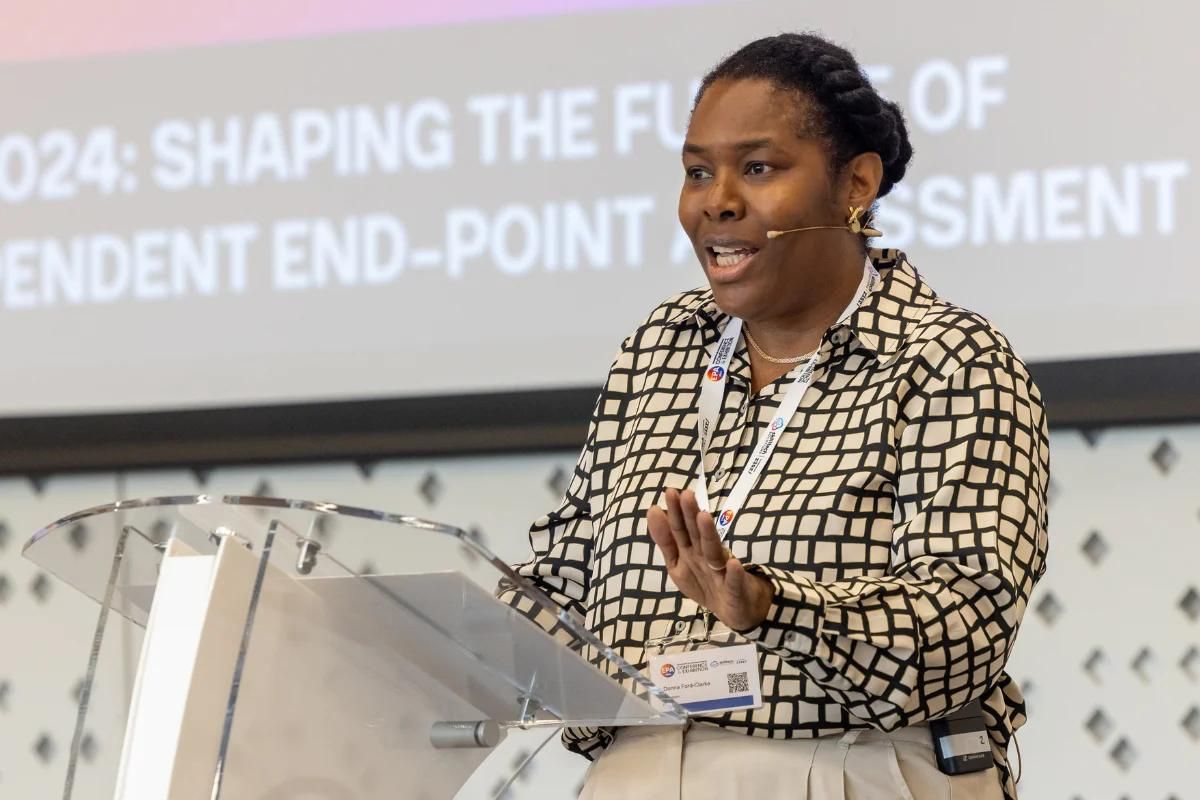
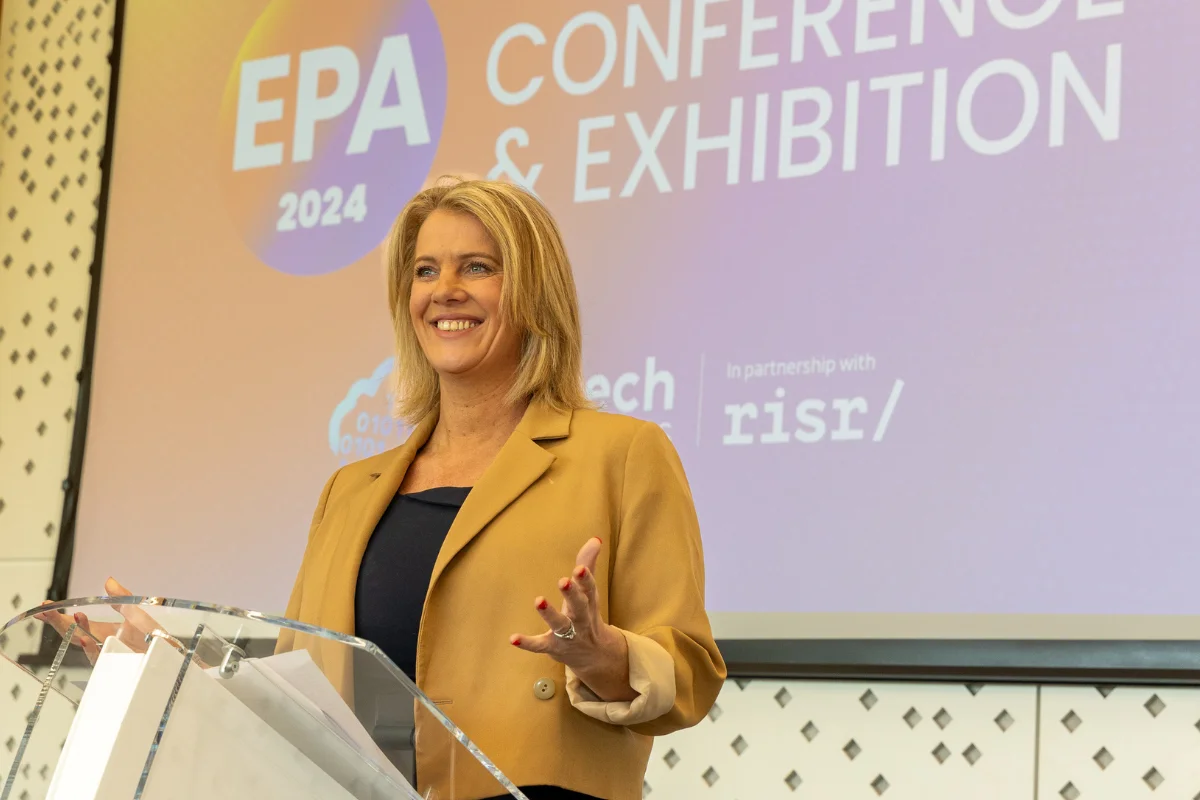


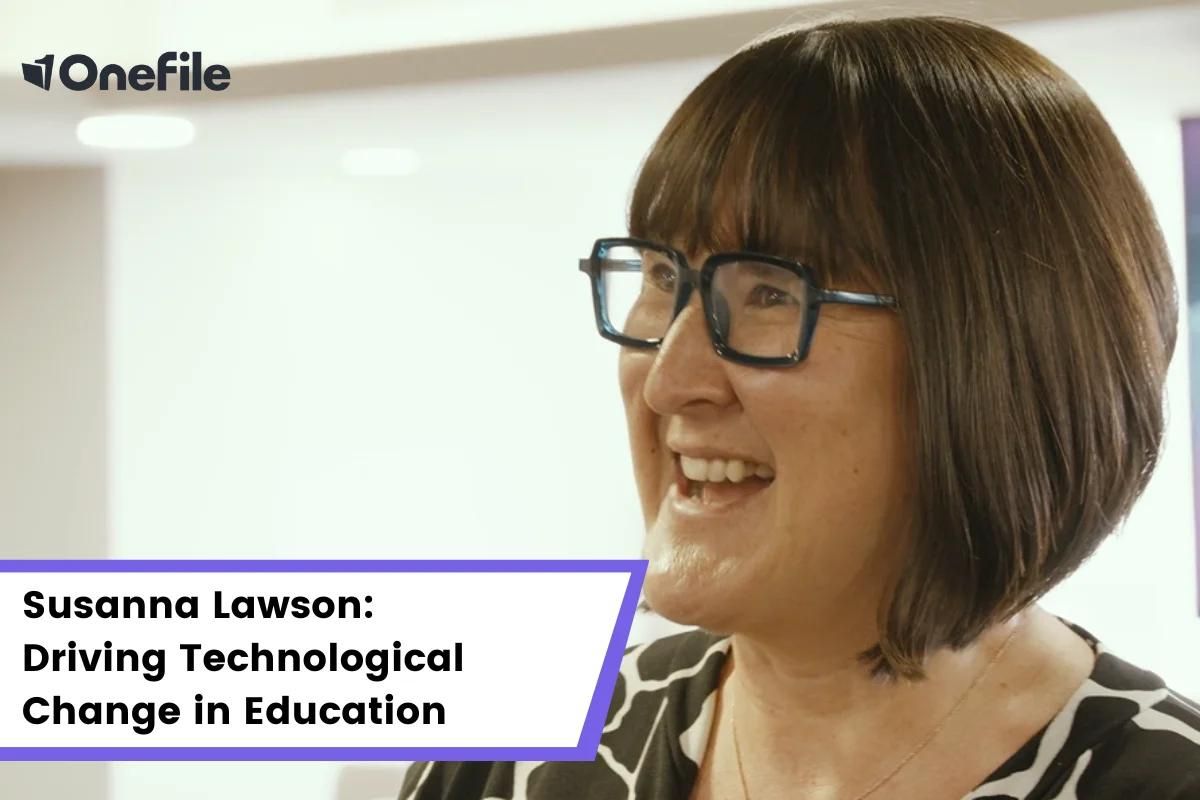
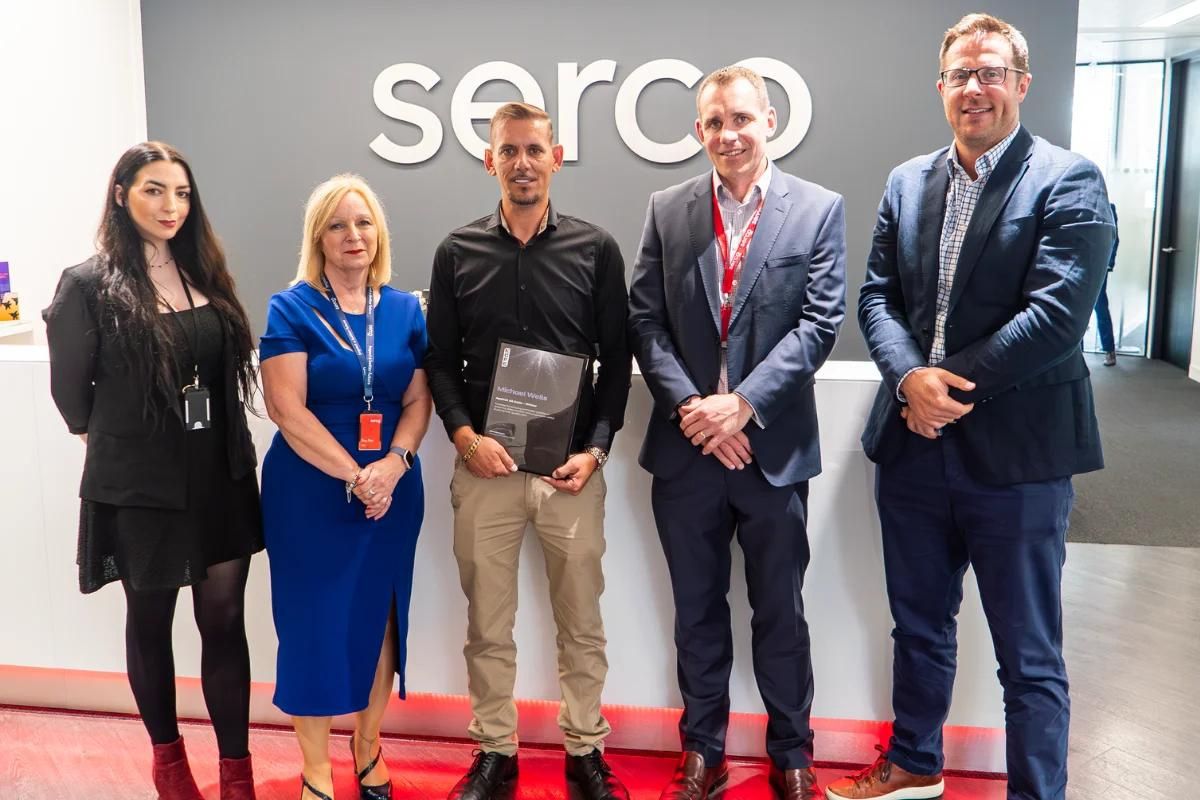
Responses